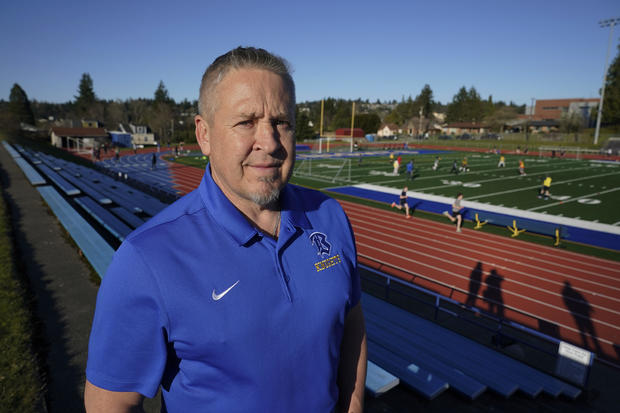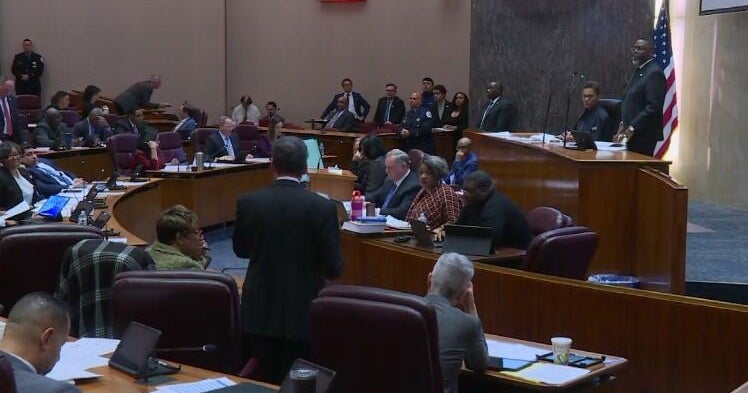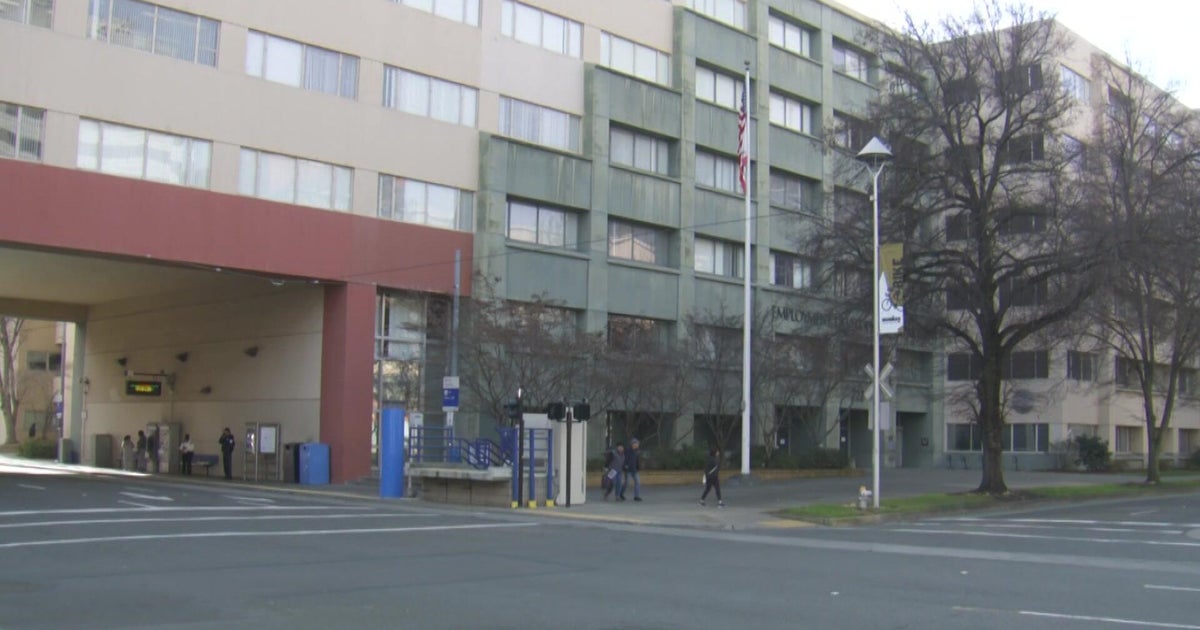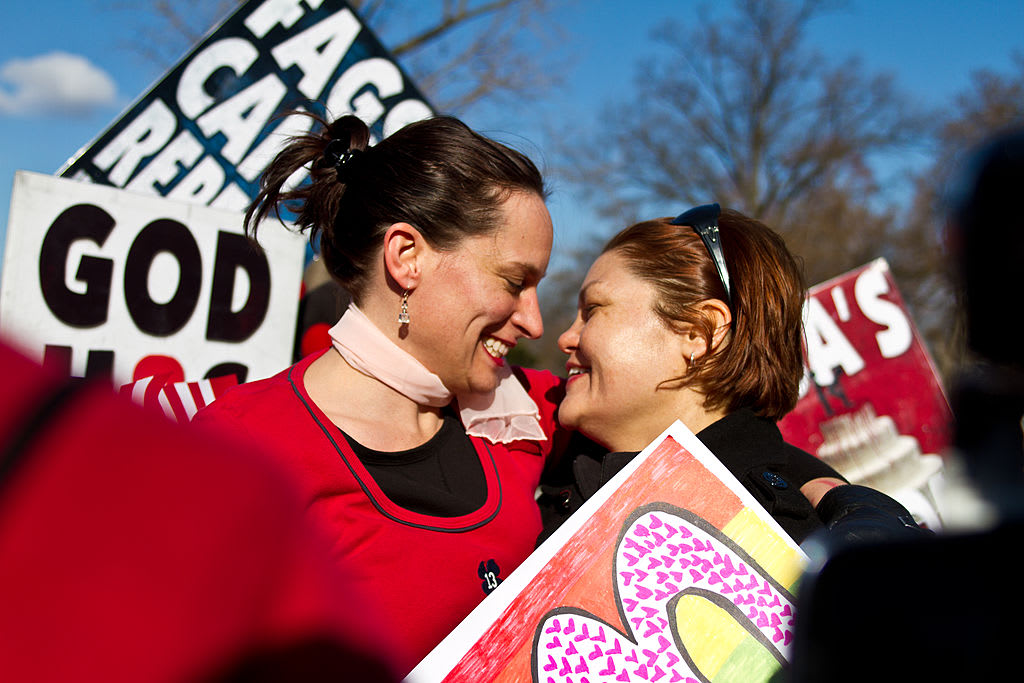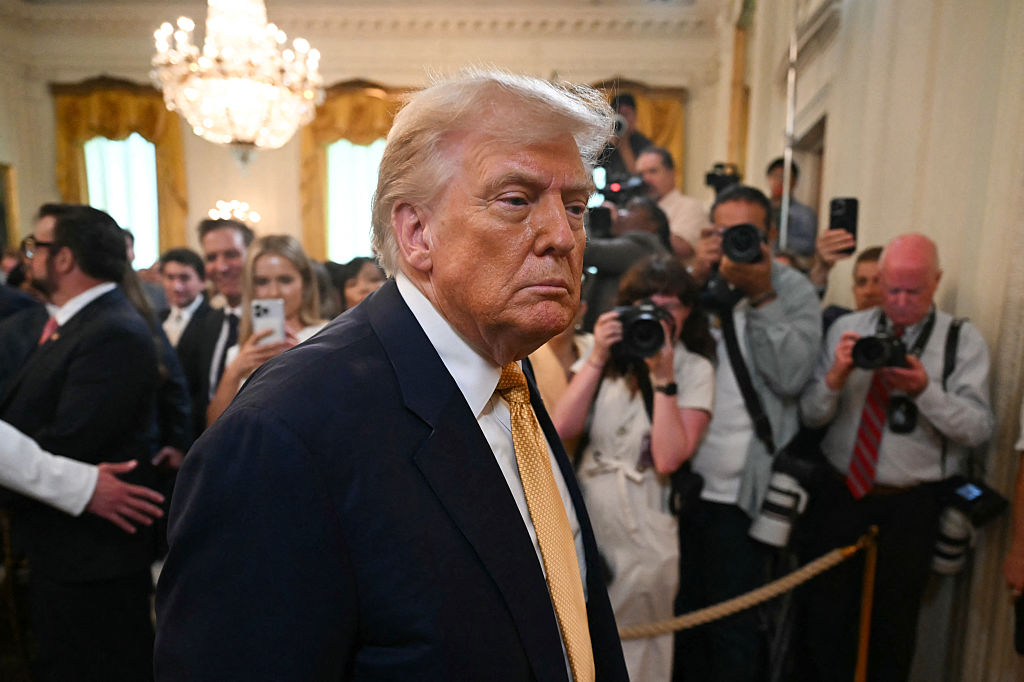Supreme Court weighs case of high school coach who lost his job after praying on the field
Washington — The Supreme Court on Monday wrestled with a legal fight between a former high school football coach who lost his job after praying on the 50-yard-line and the Washington school district that once employed him, in a case that could bolster religious rights in public schools.
The coach, Joseph Kennedy, argued the Bremerton School District violated his constitutional rights to free exercise and free speech when it punished him for failing to adhere to its directives prohibiting "demonstrative religious activity" that is "readily observable" by students or members of the public. But lawyers for the district have argued that Kennedy was acting as a public employee when he engaged in the practice of praying on the field after football games, and players felt pressured to join him at mid-field for the post-game practice.
The nearly two hours of oral arguments before the court Monday were peppered with hypothetical scenarios from the justices, who questioned when a public school district can intervene to regulate the conduct of its employees, while Paul Clement, who represented Kennedy, invoked the on-field actions of athletes like soccer star Mo Salah and former NFL quarterback Tim Tebow.
"This doesn't seem like a new problem," said Justice Stephen Breyer, one of the court's three liberals. "It just seems like a line-drawing problem about the 50-yard line just after the game, when the school said, 'Don't do it on the 50-yard-line, do it 10 minutes later.'"
Seeking to distinguish when a coach's actions could be coercive to players, Justice Amy Coney Barrett asked Clement about him running a youth group, with students coming to his home.
Justice Clarence Thomas, meanwhile, raised the prospect of a coach who takes a knee during the national anthem in protest of racial injustice and asked Richard Katskee, who argued for the district, whether the Bremerton School District would consider that action government speech.
"That has to entail looking at the manner, the time, and the place of the speech, and how reasonable observers would see it, whether they would view that as speech as a government employee," Katskee said. "And so, in the hypothetical that you just gave, that's the sort of thing, given that moment during the national anthem in the center of the field and making this public act and public statement, that would be regulable."
The Supreme Court, now with a 6-3 conservative majority, has in recent decisions bolstered religious rights — though some have been lopsided — and a ruling in favor of Kennedy could usher in a new era where prayer is more widely accepted in public schools.
Kennedy joined the coaching staff for the Bremerton High School football team in 2008 and decided after viewing the sports film "Facing the Giants" that after each game, he would walk to the 50-yard-line, take a knee and offer a brief prayer thanking God for keeping the players safe, for fair play and for spirited competition.
Kennedy, an assistant coach, initially prayed alone, but players soon asked if they could join him, and his prayers eventually evolved into motivational speeches with religious references.
While Kennedy and the district both acknowledge he never required Knights players to join him in his prayers at midfield, some parents said their children felt pressured to participate out of fear they would lose out on playing time.
Kennedy's practice of praying on the field continued for seven years without incident. But that changed in September 2015, when an opposing team's coach told Bremerton High School's principal that Kennedy asked his players to join him for the post-game prayer and "thought it was pretty cool" the district would allow such activity.
The district then launched an investigation into whether Kennedy was complying with the school board's policy on religious-related activities and practices, and later issued a directive prohibiting on-duty school employees from engaging in "demonstrative religious activity" that is "readily observable to" students and the attending public.
Kennedy, who continued praying at midfield after games, was then placed on administrative leave from his position as assistant coach for violating the district's directive. During a performance evaluation after the season, Bremerton's athletic director recommended Kennedy not be rehired, citing a failure to follow district policy and failure to supervise student-athletes after games.
Kennedy chose not to reapply for his position and, in August 2016, sued the school district in federal court, arguing it violated his First Amendment rights.
The district court and 9th U.S. Circuit Court of Appeals both rejected Kennedy's First Amendment claims, and the Supreme Court rejected his appeal of the lower court's decision in 2019, with four justices saying it was premature to hear the case at that time.
But Kennedy turned to the Supreme Court again in September after suffering a second set of losses in the lower courts, and the justices agreed to take up his case in January. A decision is expected by the end of June.
Clement told the high court during oral arguments that when Kennedy kneeled at the 50-yard-line after the final whistle to say a brief prayer of thanksgiving, "his expression was entirely his own" and was "doubly protected" by the First Amendment's free exercise and free speech clauses.
Thomas said the post-game prayers were clearly "not a part" of Kennedy's job because the school district was unaware he was even engaging in the practice.
But Justice Sonia Sotomayor said there were extensive statements from Kennedy detailing his responsibilities as a coach, including to remain for two hours after the game and escort the players off the field, that suggested he was on-duty when he prayed.
She and Justice Elena Kagan also highlighted the unique relationship between coaches and players, and suggested Kennedy was placing "undue pressure" on the students to participate in his religious activity when they may not want to.
What the court's precedents have cared about is "coercion on students and having students feel that they have to join religious activities that they do not wish to join, that their parents do not wish them to join."
Katskee stressed that coaches have "far more power and influence" over their players, particularly at the time and place of post-game speeches.
"The situation here directly implicates the power and authority of the coach, which is awesome," he said, adding that coaches make decisions about who makes the varsity team, who gets playing time and who receives recommendations for college scholarships. "The students know you have to stay in the good graces of the coach if you have those aspirations."
But Justice Brett Kavanaugh suggested there is a difference between a coach addressing the team in the locker room and when players are disbursing after a game, indicating the players did not have to participate in Kennedy's post-game prayers.
"This wasn't, you know, 'Huddle up, team,' you know, which is a common coach phrase," he said. "That wasn't this, right?"
Kavanaugh later added to Katskee: "It's not audible to all the players, and so you're relying on, I think, being visible here, correct? Not to all the players because they're not all there. They don't have to be there. It's not a team event in terms of a huddle, locker room situation. You're relying on it being visible. And then the question is, how far does that go?"
Justice Samuel Alito pressed Katskee repeatedly about what sorts of expressions would be allowable by the school district, such as waving the Ukrainian flag at the 50-yard-line to protest the Russian invasion, or kneeling to make a statement about climate change or racial injustice.
Kennedy's dispute with the school district attracted a slew of friend-of-the-court briefs, ranging from current and former NFL players, former collegiate athletes and coaches, red states and blue states, and members of Congress.
In one brief filed in support of Kennedy on behalf of Minnesota Vikings quarterback Kirk Cousins, Chicago Bears quarterback Nick Foles and former NFL quarterback Drew Stanton, among others, the current and former players invoked Kaepernick — though at first not by name — kneeling during the national anthem to protest racial injustice.
"That practice, like Kennedy's prayers, is controversial — courageous to some and offensive to others," they argued. "But if Joe Kennedy had taken a knee to protest racial injustice, the district almost certainly would not have argued that his speech was somehow the state's. Rather, there would have been no question that it was protected private speech."
But a group of former professional football players and collegiate athletes in support of the school district warned the relationship between a coach and athlete in high school athletics is unique, as it is "highly susceptible to being coercive," and should be considered by the Supreme Court as it weighs the case.
"The record here demonstrates that Mr. Kennedy's actions had the propensity to, and did, lead players to feel compelled to participate in Mr. Kennedy's expressions of faith even if they would rather not have done so," the former athletes, including former Minnesota Vikings punter Chris Kluwe and former NFL running back Obafemi Ayanbadejo.
